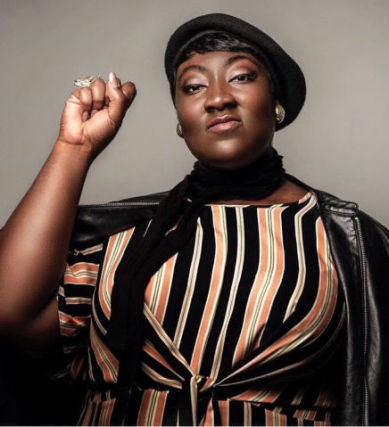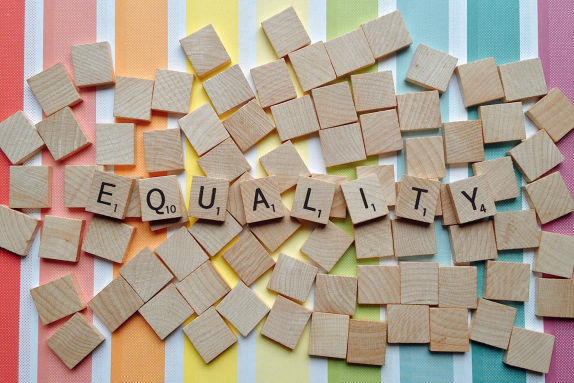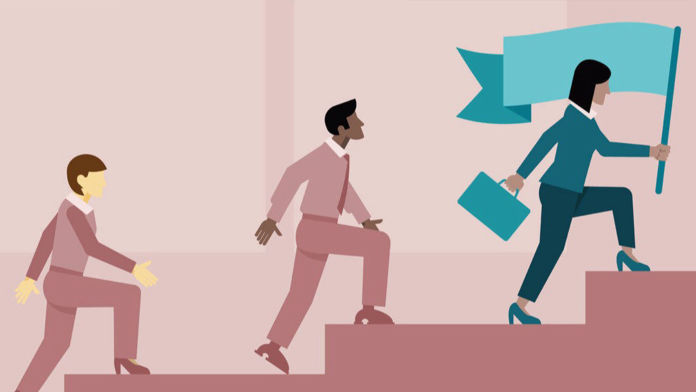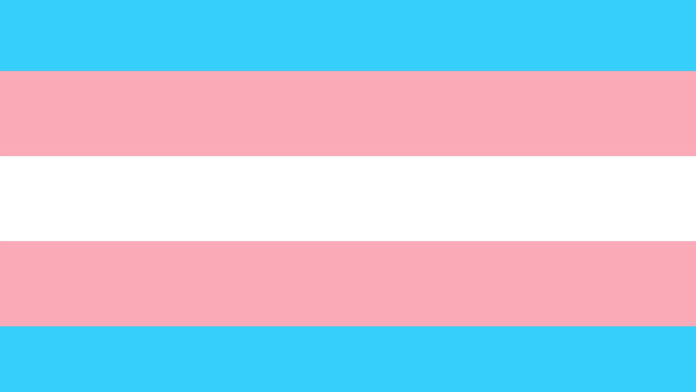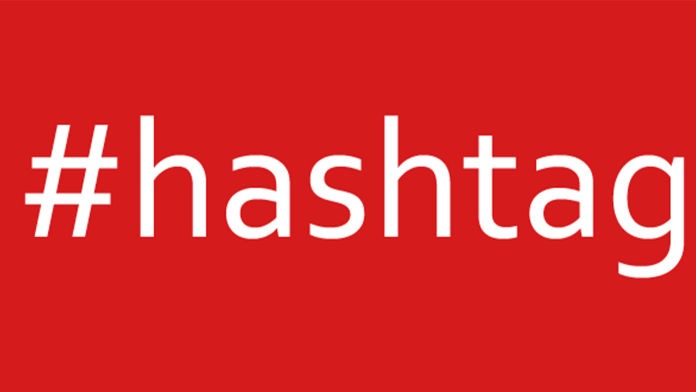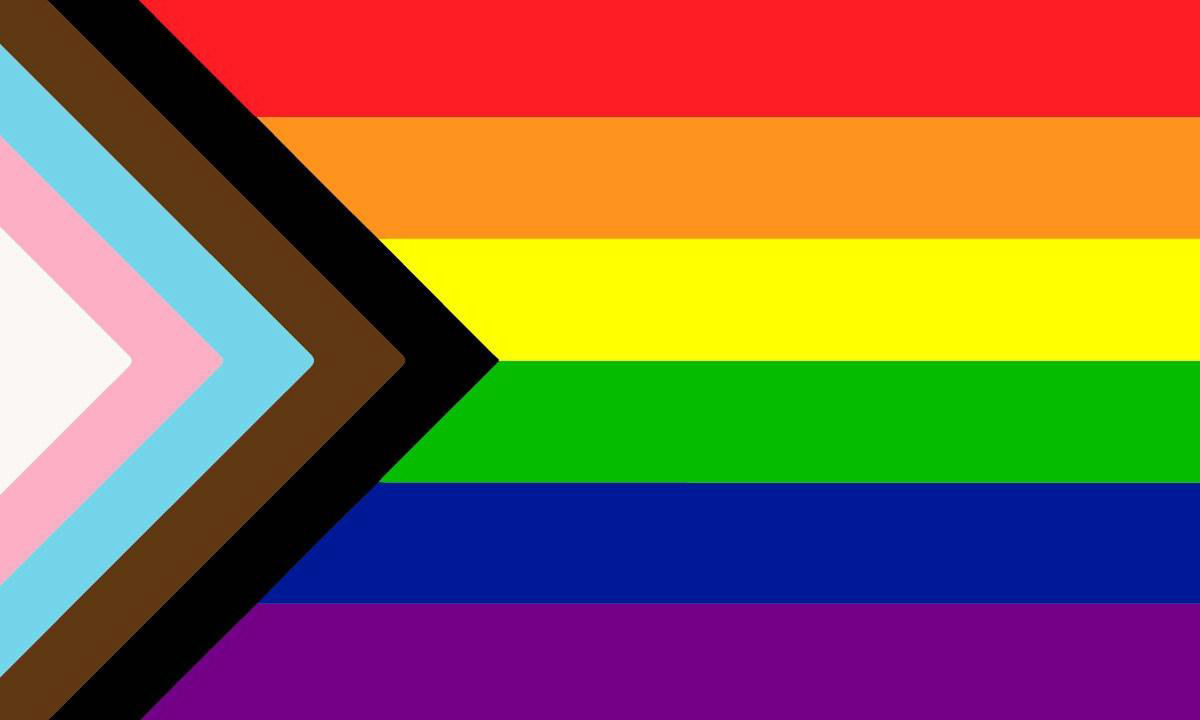
"Rome wasn't built in a day" - IDAHOBIT 2019

Published
2019
This article takes inspiration from the famous saying "Rome wasn't built in a day" to reflect on the fact that all too often businesses devise initiatives and actions in support of their gay, lesbian, bi and trans employees only to mark specific dates like IDAHOBIT, without having a longer term strategy or vision of what they want to achieve.
In our opinion, the priority for any business should be to make days like IDAHOBIT irrelevant to them as their workplace culture is genuinely inclusive and homophobia, biphobia and transphobia are simply non-issues.
Unfortunately we are still a long way away from this scenario.
It may seem surprising however, according to Stonewall Work Report, today 62% of millennials who were "out" at university still choose to hide their sexual orientation when they enter the workplace for fear of being discriminated and of compromising their career prospects.
How is this possible in this day and age one might ask, especially in countries like the England where LGBT+ people have achieved full equality under the law, can benefit from visible role models on TV, and are more connected then ever, with new LGBT+ networks being launched on a regular basis.
Well the answer is to be found in the very peculiar nature of workplaces, a microcosm where people often feel they need to meet certain expectations, conform to a way of being that will allow them to "fit in". Men wear suits, women high heels; men need to be confident, aggressive, career focused; women should be supportive and caring. Everyone should fit within this binary because the workplace likes certainty and simplicity. Trans, gender fluid, queer individuals pose a threat to this status quo and therefore are often made to feel they should hide their identity and do their outmost best to "be normal".
Normality is not a particularly helpful concept as it's definition and interpretation is very subjective, personal and highly influenced by a variety of socio-cultural norms people subscribe to.
What is more helpful in this context is the notion of what is "usual" in a given setting. What is considered part of the day to day life and experience in that environment. In a workplace one might simply define it as "business as usual".
Lorem ipsum dolor sit amet, consectetur adipisicing elit. Adipisci cumque sunt suscipit magni ab amet, nulla a alias architecto et, commodi nemo ad optio iste fuga consequuntur temporibus repudiandae. Qui dolores mollitia accusantium, ullam tempora suscipit quisquam quod deserunt recusandae veritatis exercitationem quia fugit assumenda, dolorum aliquam. Quam, perferendis, laborum.
